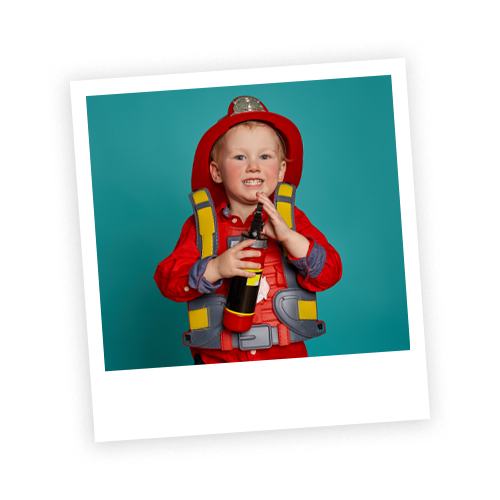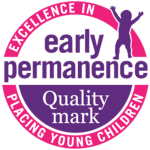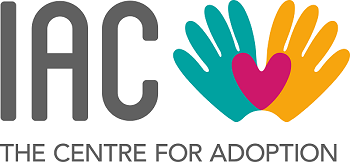When you foster, you provide a temporary home and family life for someone else’s child when they are unable to live with their birth family. Most children who are fostered will, hopefully, return home. Where this isn’t possible, alternatives will be considered, such as placing the child with other relatives, being adopted or possibly being permanently fostered.
Unlike adoption, a fostered child remains the legal responsibility of the council and/or their birth parents. Foster carers receive regular support from their social worker, training and financial support towards the cost of caring for the fostered child.

When you adopt, a court permanently transfers all parental rights and responsibilities for caring for someone else’s child to you. You provide the child or children with a permanent home and the child becomes part of your family, as if they had been born into it, even taking your surname.
Adopters receive regular support from the local authority that has placed the child with them, until an adoption order is made. Post-adoption support is available.

Early Permanence refers to the arrangement where a child is placed with a family at the earliest opportunity, this is achievable by placing with approved adopters who have been prepared and assessed as suitable to undertake a temporary fostering role, they are then able to go on and adopt the child once the court proceedings have been concluded.
Early Permanence is usually, but not exclusively, used for babies and young children coming into care, they have a high risk of being unable to return safely to the care of their birth families. They are likely to need adoption but still have a chance of being reunited with their birth families. If the court decides a child’s future is best protected by adoption, the child already has a secure attachment to their carers who are now able to adopt the child.
The Early Permanence Quality Mark is the standard of excellence awarded to adoption agencies that demonstrate the quality of their service, and their commitment to delivering early permanence for children where adoption is in their best interest.
At Adoption West we are committed to not only sustaining but continually improving our Early Permanence practice. Providing children with the opportunity of an early permanence placement offers greater stability by reducing the number of moves they experience and lays the foundation for improved health and emotional well-being throughout a child’s life.
Intercountry adoption is the process by which you adopt a child from a country other than your own through permanent legal means and then bring that child to your country of residence to live with you permanently.
IAC – The Centre for Adoption is the UK’s only dedicated intercountry adoption charity. We work with partners at IAC to provide a service for those families and individuals looking to adopt from abroad.
Click on the image to the right to find out more.
What is a Non-Agency Partner Adoption (NAPA)?
Formerly known as step-parent Adoption.
Adoption offers the child a legally permanent relationship with the adoptive parent which they will have all of his/her life. It means that the resident birth parent and their partner will share parental responsibility for the child. There is no automatic right to adoption and it is not appropriate for every child in step families. The court’s decision is made based on the best interest of the child.
The local authority where the child resides is normally responsible for the assessment of every family that proposes a non-agency adoption, and prepares a report for the court of their findings. A social worker will make several visits to a family and complete various checks. In your area the local authority commissions Adoption West to undertake this work.
An adoption order severs the legal relationship between the child and the non-resident birth parent.
You can read more about Non-Agency Partner Adoption here








